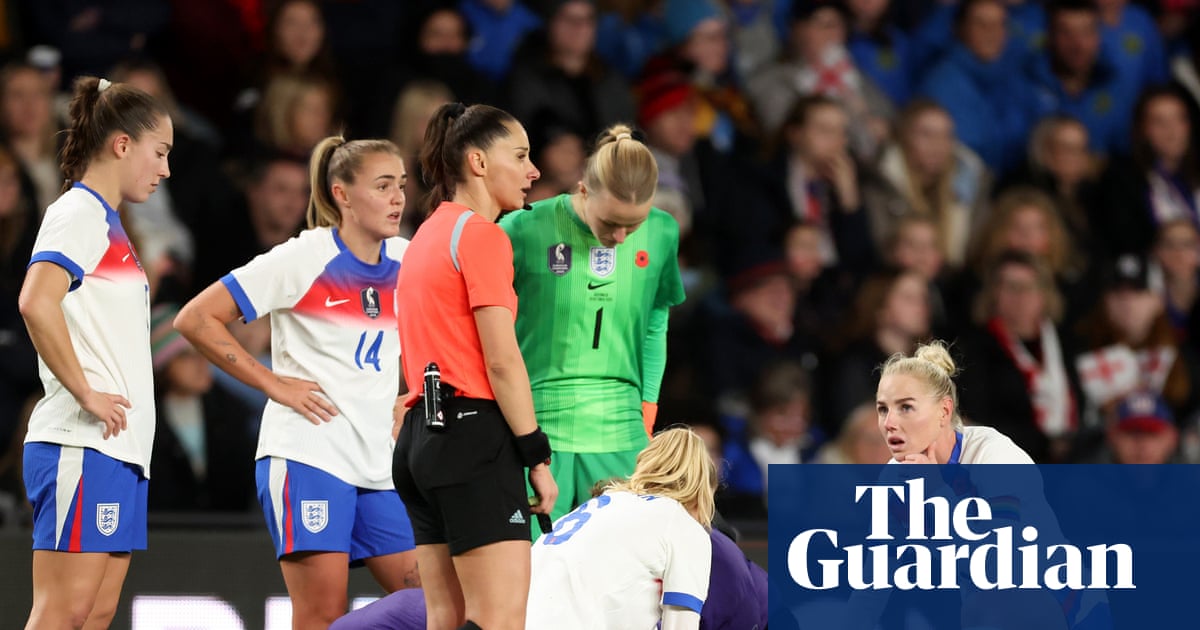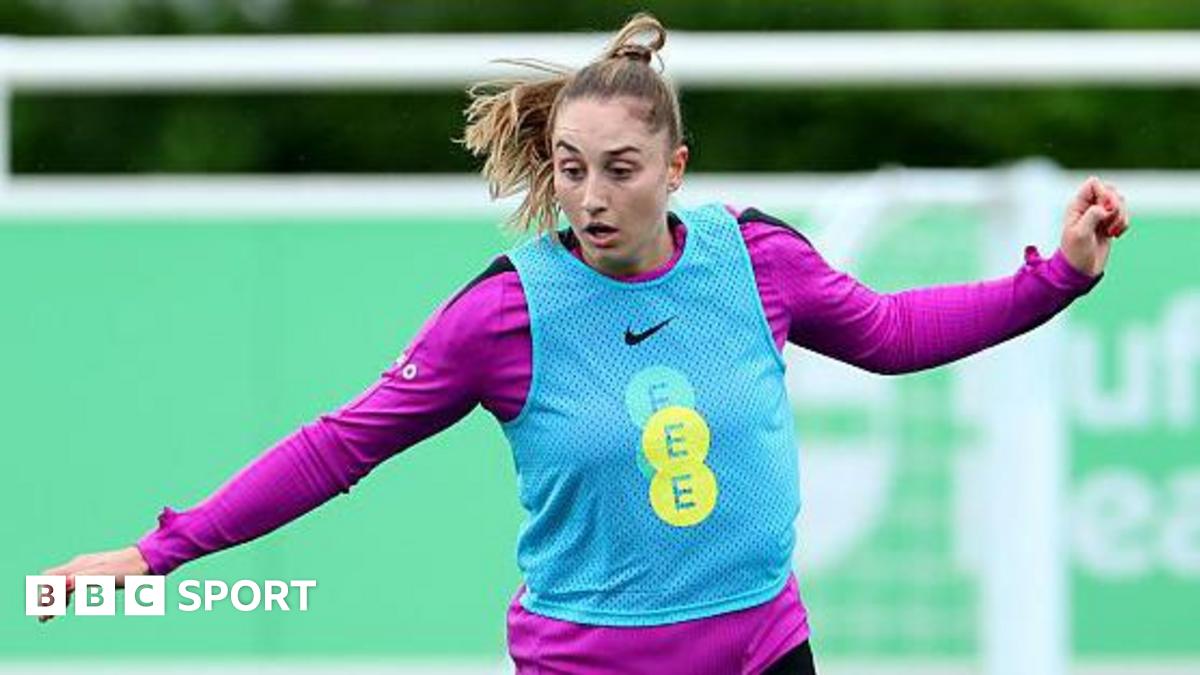#acl-injuries
#acl-injuries
[ follow ]
#womens-football #player-welfare #strike-action #san-francisco-49ers #pass-rush #gaa #artificial-turf
Soccer (FIFA)
fromGoal
1 day agoEngland & Arsenal star Leah Williamson warns of potential strike action over player welfare concerns | Goal.com US
Lionesses captain Leah Williamson warns she would not rule out strike action to address concerns over the football schedule, citing recurring injuries among players as a critical issue.
Soccer (FIFA)
fromwww.theguardian.com
3 months agoAston Villa's Natalia Arroyo: There was probably a little coach inside me when I was playing'
Natalia Arroyo transitioned from a promising Barcelona playing career cut short by repeated ACL injuries to coaching, valuing early integration, independence, and high standards.
[ Load more ]







